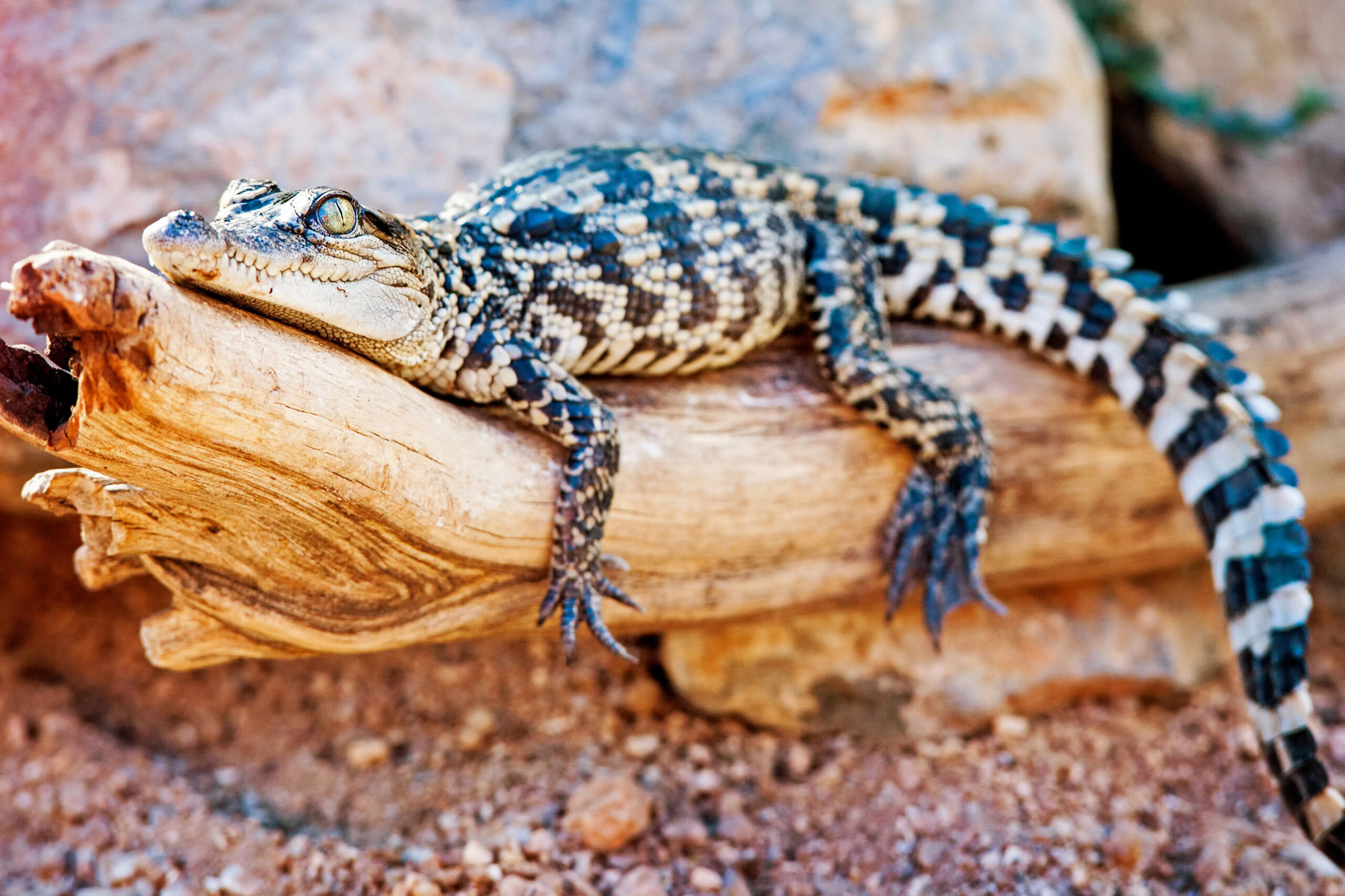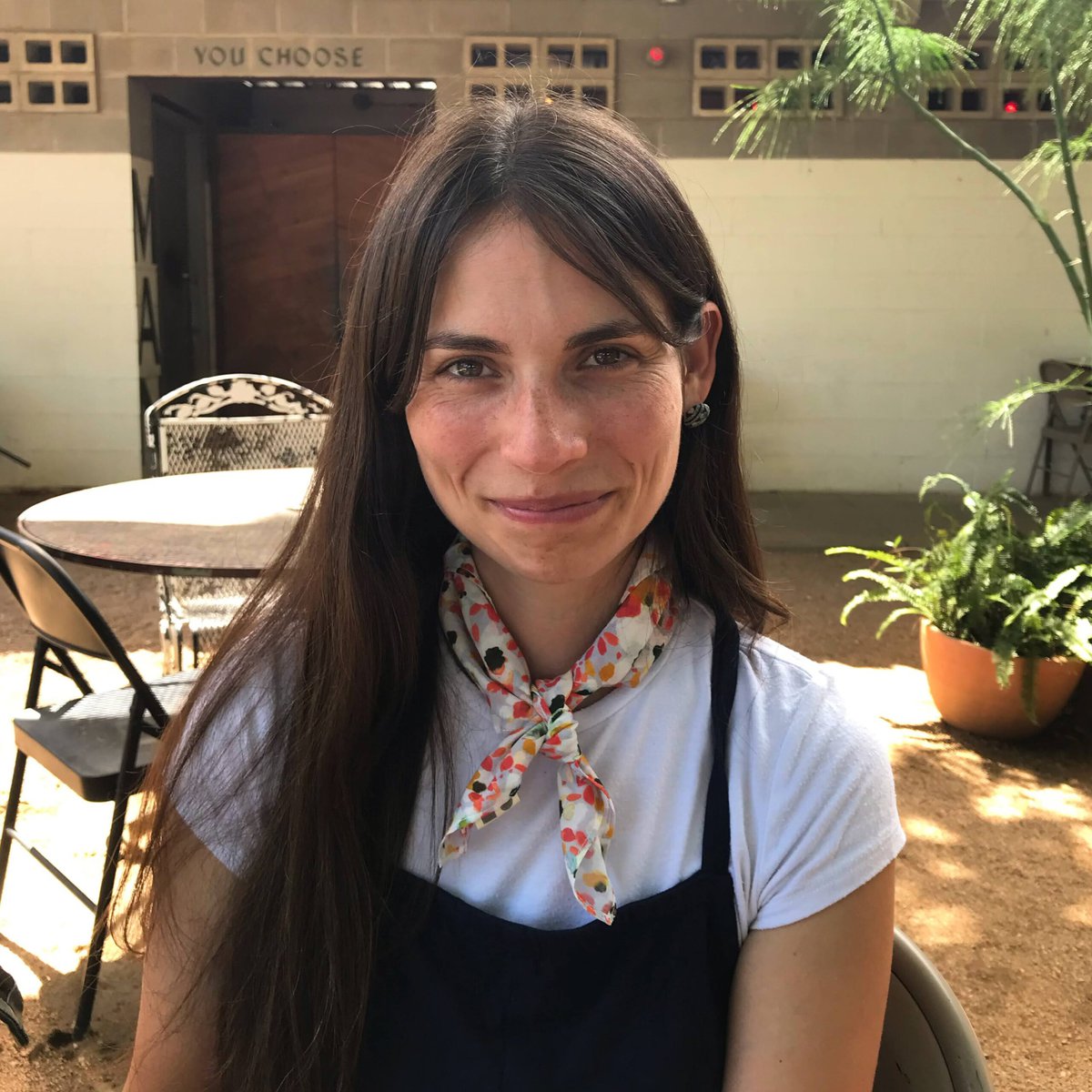Welcome back to our weekly behind-the-scenes glimpse at what’s getting our team talking. Let us know what you think at [email protected].
Just kids
Bratislava, the EU’s poorest capital city, is becoming a pioneer in child-friendly urban design. That’s according to a story Executive Editor Will Doig shared from Bloomberg CityLab, which looks at how the Slovakian city is responding to “brain drain” by prioritizing children’s well-being.
Will says:
Interesting takeaway: The old Soviet-era parts of the city are more child-friendly than the more recent, US-influenced areas.
Paying respects
Beyond their beauty and popularity, the United States’ national parks all have one vital thing in common: They are on the ancestral land of Indigenous peoples. And as Editorial Director Rebecca Worby learned from a recent LAist story, there’s now a fund that enables park visitors to donate money to the tribes whose lands they’re traveling upon. Run by the Lakota People’s Law Project, the Sacred Defense National Parks and Monuments Initiative aims to “recenter Indigenous voices” in outdoor recreation.
Becca says:
Currently there are 14 national parks where, when you visit, you can go to this site and send a donation to the tribes whose lands you’re recreating on. Some of my favorite parks are on the list, including Arches and Zion.
What else we’re reading
💰 The results of the biggest study on guaranteed income programs are finally in — shared by Rebecca Worby from The 19th
🥤 The White House Has a Plan to Slash Plastic Use in the U.S. — shared by Contributing Editor Michaela Haas from the New York Times
🎨 New workforce housing and creative space opens in Mancos — shared by Rebecca Worby from the Colorado Sun
From our readers…
RTBC reader Lua Ma shared a conservation comeback story from BBC News: Once widespread across Southeast Asia, Siamese crocodiles were nearly wiped out by hunting and habitat loss. In the 1990s, the species was believed to be extinct — then, in 2000, a small population was discovered in Cambodia’s Cardamom Mountains.

Today, there are estimated to be only a few hundred in the wild, and that population just saw a major boost: 60 babies hatched last month from five nests in Cambodia, the result of 20 years of collaborative conservation work. The species is still considered critically endangered, but conservationists are hopeful that their numbers will continue to grow.













